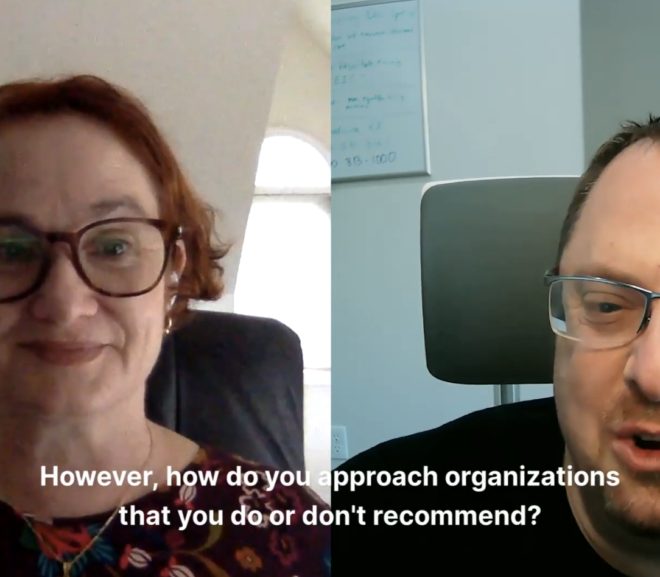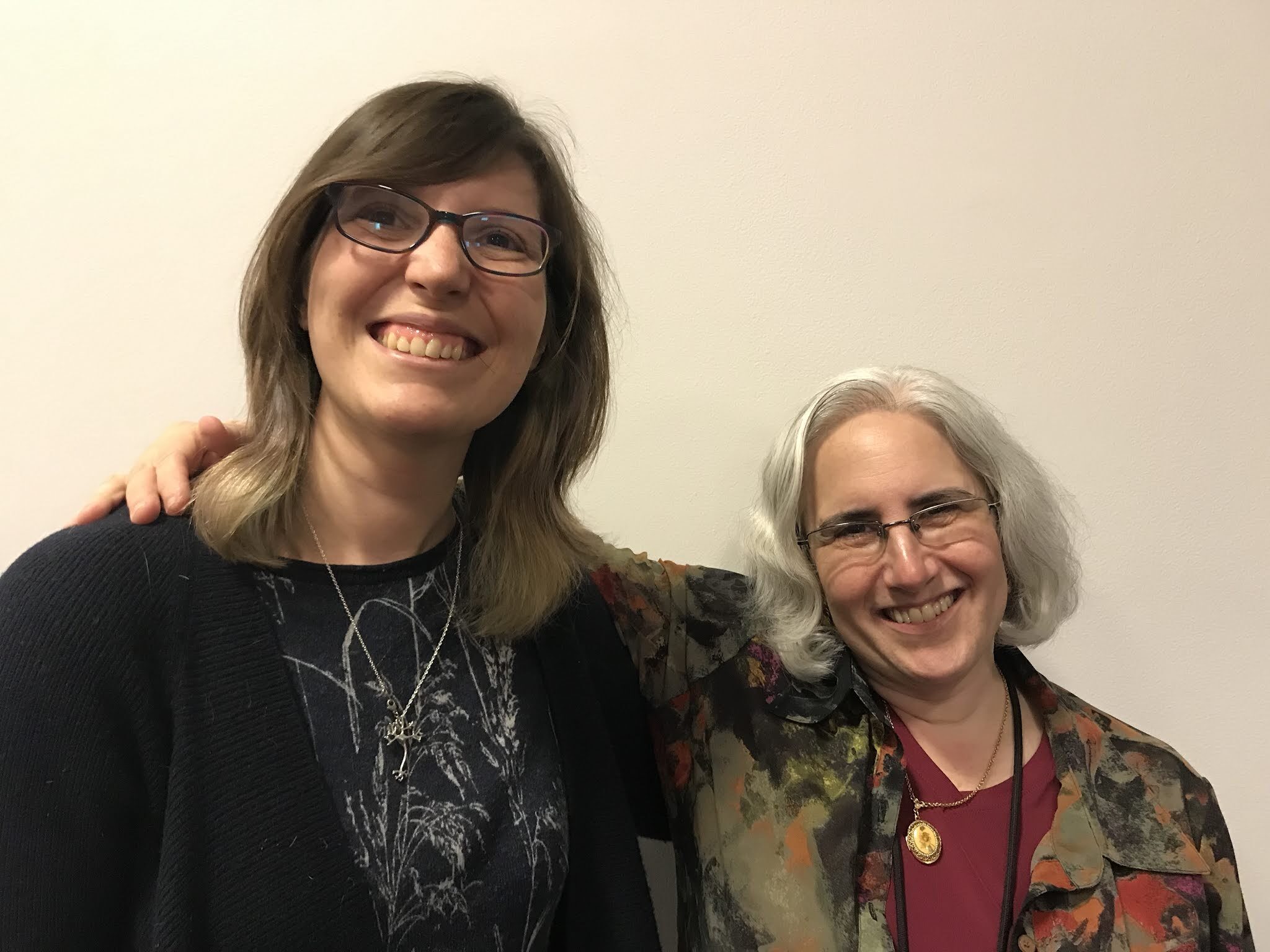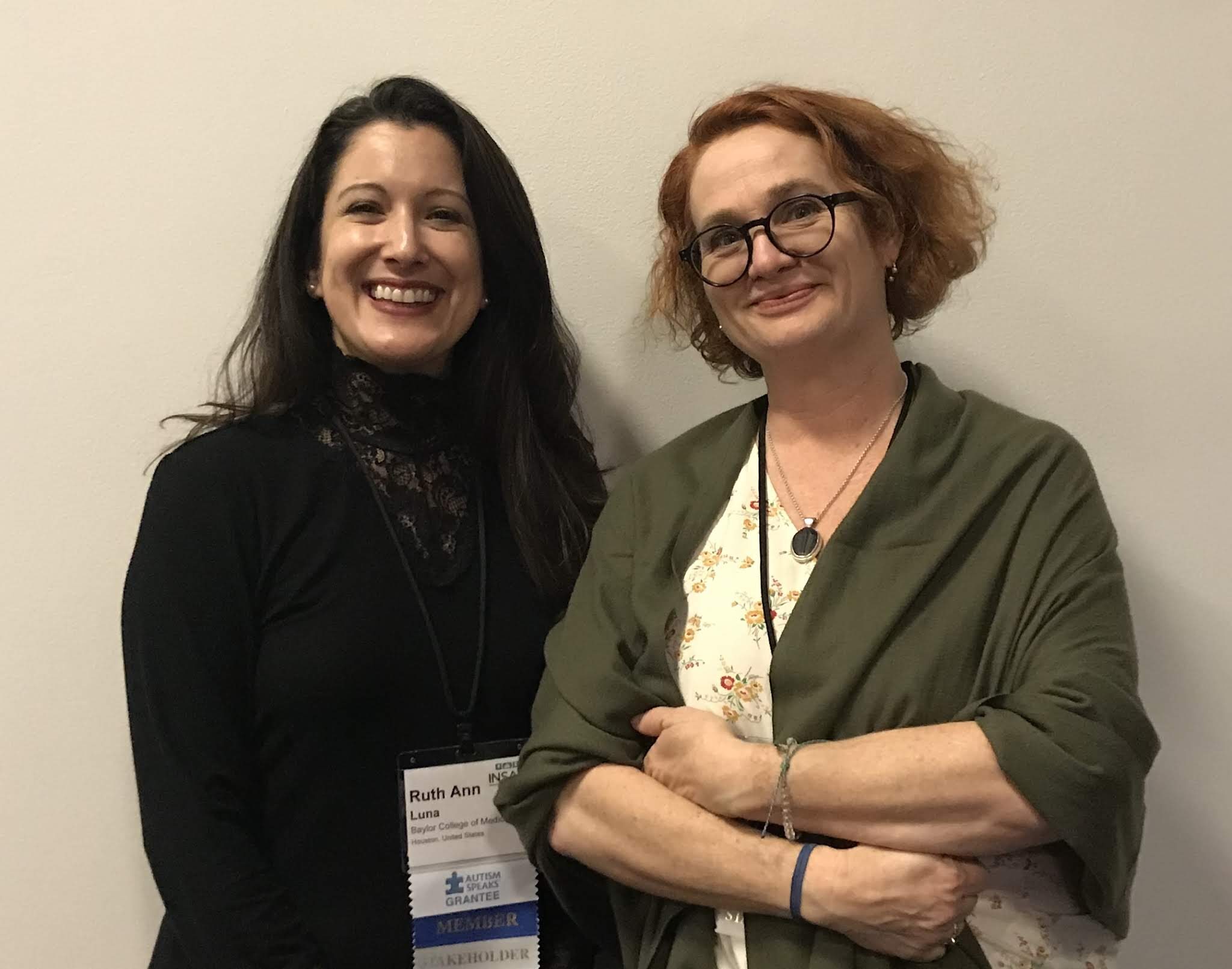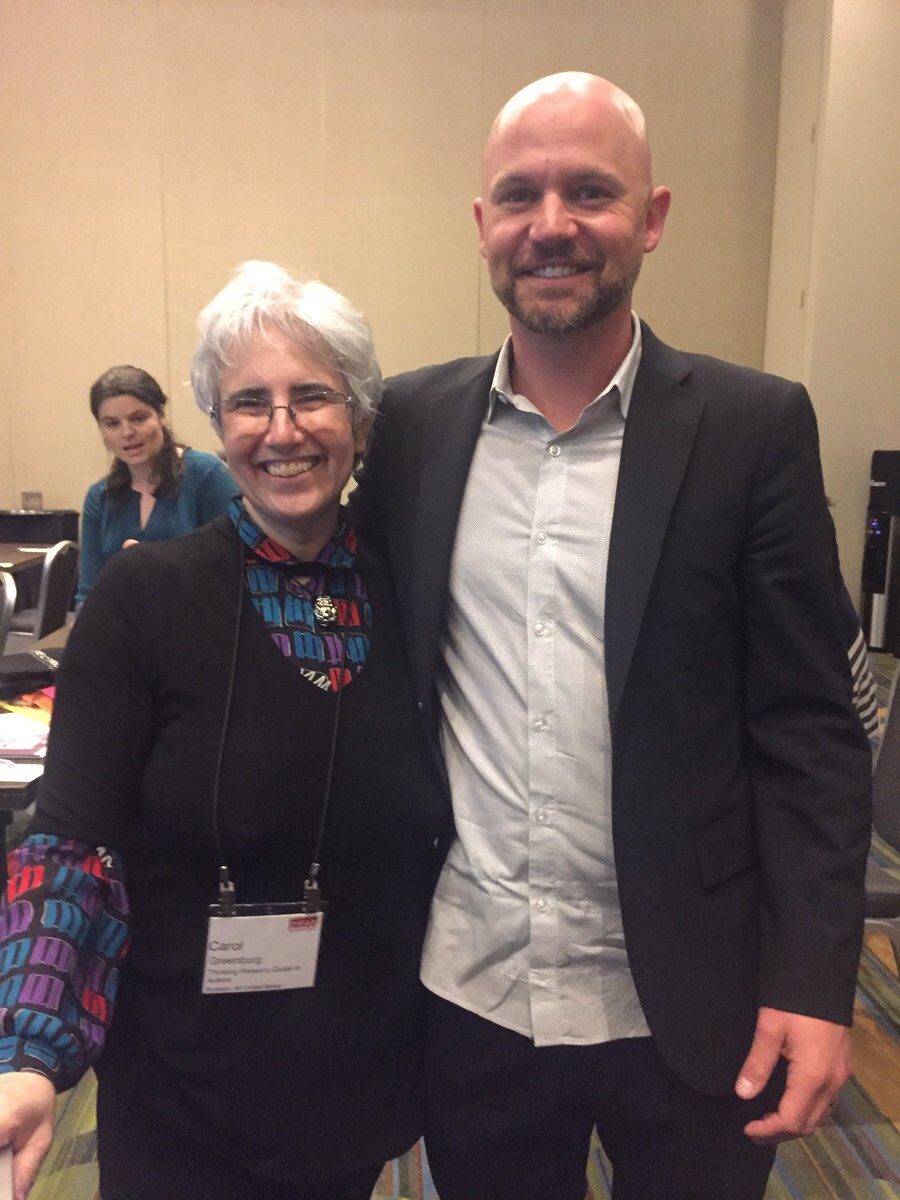Senior editor Shannon Rosa talks with autistic podcaster Shawn Sullivan of Unheard Voices about what we do here at TPGA: Our passion for debunking autism misinformation, boosting neurodiversity advocacy, and fighting for disability rights. Shawn was a gracious host, and Shannon had a lot of opinions—all of which are correct.
Tag: Carol Greenburg
“There are so many basic human rights that autistic people are being denied just because society isn’t accommodating autistic people.” Read about this issue and more, such as why just because autistic people are good at “systematizing” doesn’t mean they are all destined to be engineers, and “how a different style of education is appropriate for a systemizing thinker.” Our editor Carol Greenburg and NeuroTribes author Steve Silberman join Simon Baron-Cohen for a Zoom discussion on Baron-Cohen’s new book on autism, The Pattern Seekers. —- Katherine Hill: Hi everyone, I’m Katherine Hill for Basic Books, and I’m excited to welcome you to today’s conversation about Simon Baron-Cohen’s new book, The Pattern Seekers: How Autism Drives Human Invention. Joining us is Steve Silberman, author of the award-winning NeuroTribes: The Legacy of Autism and the Future of Neurodiversity. Steve’s articles have appeared in Wired, New York Times, New Yorker, and many other…
We recently co-hosted a webinar on Disability and Inclusion Strategies During COVID-19 with Magical Bridge foundation, to address some of the issues disabled and autistic people and their families are struggling with right now. Jill Asher from Magical Bridge moderated, TPGA’s senior editor Shanon Rosa ran the questions, and our panelists were three disabled parents of chidren with disabilities: Our own editor Carol Greenburg, and disability consultants Anne Cohen and Deborah Vick. We hope this is the first of many useful sessions! Video and full transcript below. Jill Asher: Hi everyone. Good morning, or good afternoon wherever you are. My name is Jill Asher. I’m the executive director and co-founder of Magical Bridge. We are so incredibly grateful to have you join us today as we discuss disability and inclusive strategies during COVID-19. We hope everyone is safe and health and sheltering in place right now, wherever you are. A…
Carol Greenburg twitter.com/autisticenough Image © Shannon Des Roches Rosa [image: Photo of six people, seen from behind looking at downtown San Francisco from atop Twin Peaks.] Now that every rule of social engagement we’ve painstakingly tried to learn has been turned upside down by social distancing, it’s not just our routines that are disrupted: It’s our whole concept of the importance of Rules. I’ve heard many parents say their autistic kids are “rule-followers” and bitten my tongue wanting to ask if they thought it’s because we’re naturally rigid, or because we’ve been undergoing compliance training for as long as we can remember. Regardless of the origin, many of us cling desperately to whichever skills that get us approval rather than admonishment. Not always a bad thing, many rules certainly do make sense in appropriate context. All we-were-made-for-this jokes aside, social distancing is a stark example of a good rule in…
Dr. Rachel Moseley and Carol Greenburg [image: Photos of two smiling white women wearing glasses posing together. Left, Rachel Moseley has shoulder-length light brown hair. Right, Carol Greenburg’s hair is in a platinum bob.] Content note: This interview discusses self-injury and suicidal behavior. Oftentimes the most rewarding findings at INSAR, the annual meeting for the International Society for Autism Research, emerge during the pre-conference sessions. We went to the 2019 pre-conference on autism and mental health and were impressed by Dr. Rachel Moseley’s presentation on self-injury in autistic people without intellectual disability—and are grateful that Dr. Moseley was able to make time to talk with TPGA editors Carol Greenburg and Shannon Rosa about her research. Shannon Rosa: Dr. Moseley, can you first tell us a little bit about yourself, and your background and affiliations? Dr. Moseley: I’m a researcher at Bournemouth University. I did all my studying and my PhD…
Dr. Ruth Ann Luna and Shannon Rosa. Photo © TPGA [image: A Latina woman with long dark brown hair, and a white woman with chin-length fluffy red hair and glasses, smiling and posing together.] Our editors Carol Greenburg and Shannon Rosa spoke with Dr. Ruth Ann Luna about her research on autistic kids and their incredibly diverse gut microbiomes during INSAR 2019, How her research is not about “special diets for autism,” how GI issues are co-occurring conditions and not a core trait of autism, how there’s no one universal single bacteria that is associated with autism, how GI profiles are ofter family- rather than neurotype-specific, and how this research may translate into real world supports for autistic people. —- Shannon Rosa: Thank you so much for being here. Can you tell us a little bit about your background and what brought you into this area of autism and gut microbiome research?…
Carol Greenburg and Matthew Goodwin at the IMFAR 2017 Press Conference [image: White woman with short platinum hair and glasses posing with a taller white man with a shaved head and goatee.] Northeastern University researcher Matthew Goodwin gave an IMFAR 2017 keynote speech about his work on “Wearable Sensor-Based Physiological and Physical Activity Biomarkers for Use in Laboratory and Naturalistic Environments to Assess Arousal and Repetitive Motor Movements in Individuals with Autism Spectrum Disorder.” Thinking Person’s Guide to Autism’s Carol Greenburg and Shannon Rosa, and Autism Women’s Network’s Corina Becker, spoke to Goodwin after the IMFAR press conference, about the real-life applications of his work, and how they can benefit autistic people. Carol Greenburg: What constitutes a behavior, insofar as it’s something that needs to be mitigated? A behavior like flapping or other “stims” may mean something different to the person who’s doing the intervention, as opposed to the autistic person themselves.…
Photo © Gayan Gunawardana | Creative Commons [image: Backlit photo of a sad ponytailed person with their head down, in profile in front of an ocean sunset.] Dr. Sarah Cassidy co-chaired a SIG (Special Interest Group) on Autism and Suicidality at IMFAR 2016, in Baltimore. We weren’t able to attend her session, but Dr. Cassidy was kind enough to take time, later that same day, to talk with TPGA editors Shannon Rosa and Carol Greenburg, autistic autism researcher Dr. Steven Kapp, and Autistic Self Advocacy Network Executive Director Julia Bascom. The following is a transcript of our conversation. —- Shannon Rosa: Tell us about what you discussed in the SIG. What has your research revealed about suicidality in autistic people? Dr. Cassidy: We’ve published two studies so far. The first study we did, which is free to access in the new Lancet (Psychiatry) journal, was a medical chart review, a…
John Ordover John Ordover recently wrote about Surfside Beach, South Carolina declaring itself an autism-friendly family vacation destination. In April of this year, John, his wife (TPGA editor) Carol Greenburg, and their 13-year-old autistic son Arren spent a week in Surfside Beach, and had a blast. This is his report on their trip. —- Arren in the airport waiting room Photo: John Ordover [image: white tween boy lying on top of a carpeted cubby] On landing in Myrtle Beach airport after an uneventful flight, we were met at the gate by Becky Large of Champion Autism Network (CAN). Becky is the person who had pushed for Surfside Beach to make its commitment to hosting autistic families in the first place. Becky took us to the lovely small airport’s special waiting room for autistic kids who might need some chill-out time. Arren took to it immediately and enjoyed snuggling into its…
Shannon Des Roches Rosa with Carol Greenburg Your faithful TPGA editors spent most of last week in Baltimore, Maryland at IMFAR, the International Meeting for Autism Research. We gleaned as much as we could from the 2000 scientists, professionals, autistic people, and family members from all over the world who spent three full days talking about the most current findings and trends in autism research. But we didn’t cover everything or meet everyone we wanted to, because doing so is not physically possibly without a Time Turner. (If you ever want to experience abject FOMO — fear of missing out — by all means, go to IMFAR.) Overview Ninety-nine percent of the researchers at IMFAR are the nicest, most well-meaning scientists one could ever meet, which makes for a friendly atmosphere. We were happy to see significant progress on some research fronts: only a single presentation about vaccines, and it…








